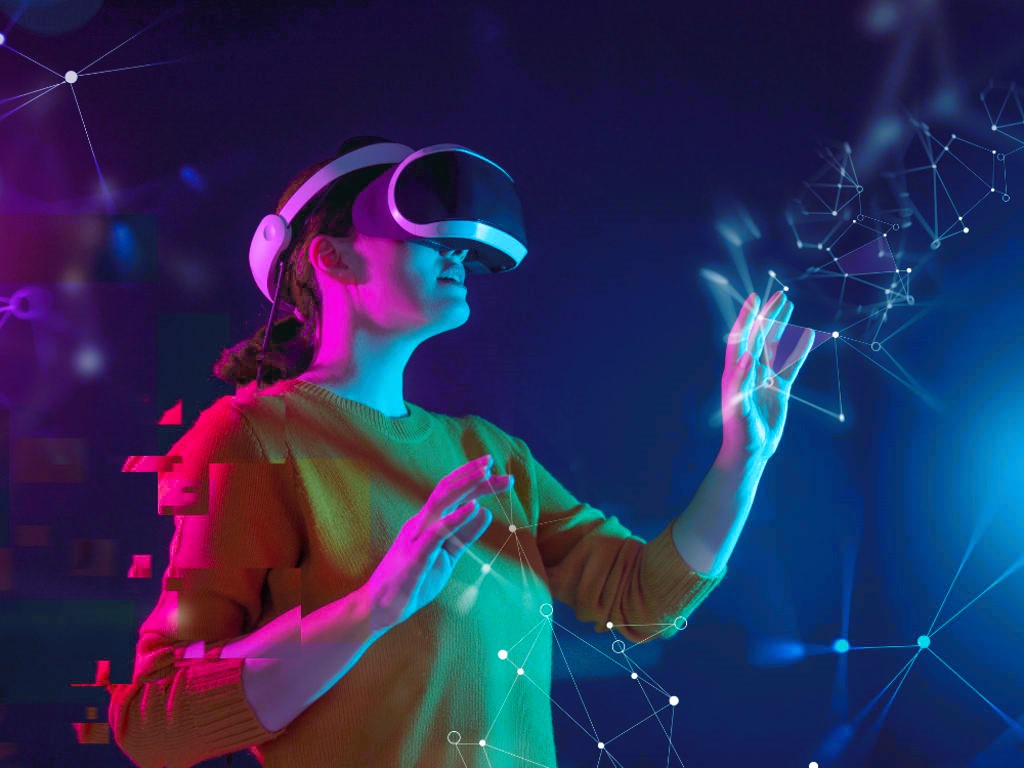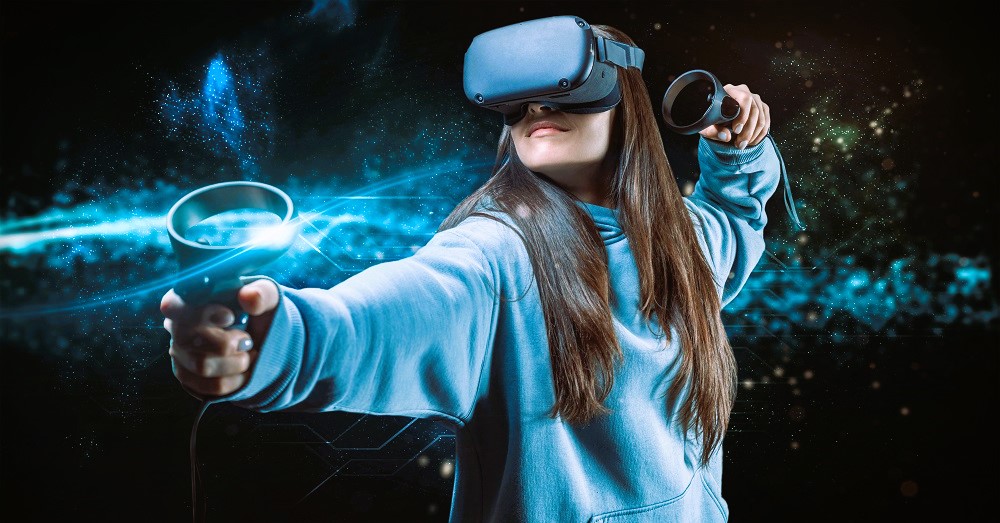Virtual reality (VR) technology has long been the stuff of science fiction, promising immersive experiences that transport users to fantastical worlds and alternate realities. In recent years, however, VR has become increasingly accessible to consumers, thanks to advances in hardware, software, and content creation. In this article, we’ll explore the potential of virtual reality as the future of gaming and entertainment, from its origins to its current state and beyond.
The Origins of Virtual Reality
The concept of virtual reality dates back to the early 20th century, with early experiments in immersive storytelling and simulation. However, it wasn’t until the late 20th and early 21st centuries that VR technology began to gain traction, thanks in part to advancements in computer graphics, display technology, and motion tracking.
One of the earliest examples of VR technology was the Sensorama, a mechanical device created in the 1950s that combined stereoscopic 3D visuals with immersive audio and tactile feedback. While the Sensorama was never widely adopted, it laid the groundwork for future developments in VR technology.
The Rise of Consumer VR

The modern era of consumer VR began in 2012 with the launch of the Oculus Rift Kickstarter campaign. Developed by Oculus VR, the Rift promised to deliver high-quality VR experiences at an affordable price, sparking a wave of excitement and anticipation among gamers and tech enthusiasts.
Since then, VR technology has continued to evolve and improve, with companies like HTC, Sony, and Valve entering the market with their own VR headsets. Today, consumers can choose from a wide range of VR devices, from standalone headsets like the Oculus Quest to high-end systems like the HTC Vive Pro.
Immersive Gaming Experiences
One of the most compelling applications of virtual reality is gaming. VR gaming allows players to step inside their favorite games and interact with virtual worlds in ways never before possible. From exploring alien planets to battling hordes of zombies, VR gaming offers a level of immersion and presence that traditional gaming cannot match.
Games like Beat Saber, Half-Life: Alyx, and Superhot VR have received critical acclaim for their innovative gameplay mechanics and immersive experiences. With VR technology, players can physically move their bodies, manipulate objects with their hands, and even engage in multiplayer experiences with friends from around the world. A deep dive into the viral game of social deduction, more details here.
Beyond Gaming: VR in Entertainment
While gaming remains the primary focus of VR technology, its potential extends far beyond the realm of gaming. Virtual reality has the power to revolutionize industries like education, healthcare, and entertainment, offering new ways to learn, communicate, and experience the world around us.
In the entertainment industry, VR is already being used to create immersive experiences like virtual concerts, interactive storytelling, and virtual theme park attractions. Companies like Disney, Universal Studios, and Six Flags are experimenting with VR technology to create new and exciting experiences for their guests.
The Future of Virtual Reality
As VR technology continues to improve and become more accessible, its potential to transform the way we live, work, and play is limitless. With advancements in areas like haptic feedback, eye tracking, and artificial intelligence, the future of virtual reality promises to be even more immersive and interactive than ever before.

In the coming years, we can expect to see VR technology integrated into a wide range of applications, from training simulations and virtual meetings to social networking and beyond. As the technology matures and becomes more widespread, virtual reality has the potential to revolutionize the way we experience the world and connect with others.
Conclusion: Embracing the Virtual Future
In conclusion, virtual reality represents the future of gaming and entertainment, offering immersive experiences that blur the line between the physical and digital worlds. From gaming to education to entertainment, VR technology has the potential to transform industries and revolutionize the way we interact with technology.
For more information on virtual reality and its potential, visit Wikipedia.

